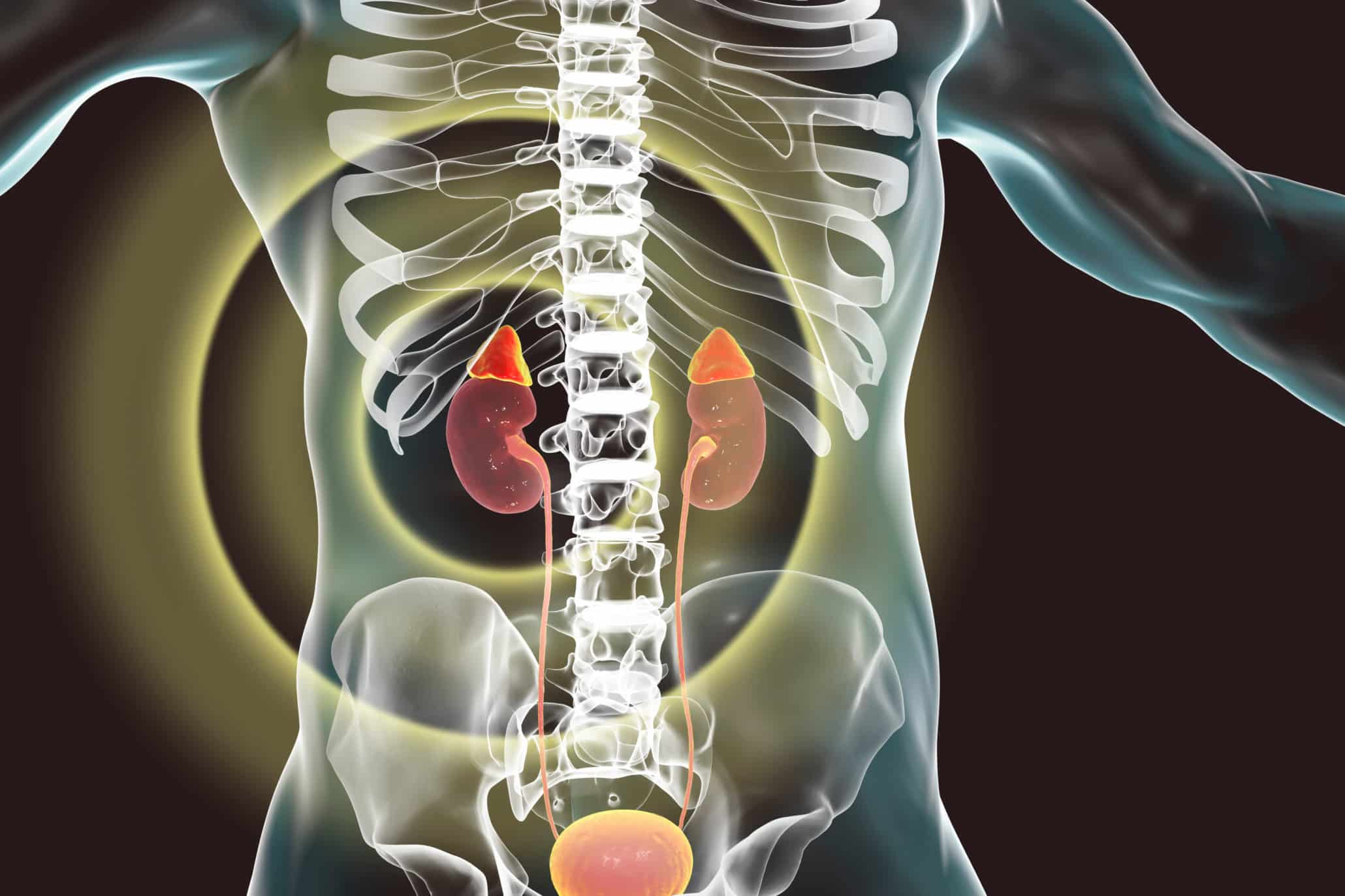
Adrenal fatigue is an increasingly common, but it can be controversial to diagnosis. It is used to indicate depletion of the adrenal glands.
Adrenal Fatigue Symptoms
Common symptoms of adrenal fatigue are thought to include:
- fatigue, particularly upon waking, with intermittent “crashes” throughout the day
- poor stress response and mood regulation
- cognitive issues or “brain fog”
- increased energy levels in the evenings
- cravings for salty and sweet foods
- overuse of caffeine and other stimulants
- a compromised immune system
Less common symptoms are believed to include:
- insomnia
- frequent urination
- loss of muscle tone
- poor circulation
- depression
- weight gain
- decreased libido
Causes
Any kind of excess stress causes the adrenals to increase cortisol production. Adrenal fatigue is thought to occur when the adrenals have been overworked to a degree that they can no longer secrete levels of cortisol that are adequate for optimal function.
Potential stressors include environmental and dietary influences, as well as anxiety and emotional stresses. Experiences such as grief, trauma, and autoimmune conditions are considered to have a possible chronic negative impact on adrenal function.
Adrenal fatigue is closely related to, but not to be confused with, Addison’s disease, a disorder characterized by insufficient cortisol production due either to a pathology directly affecting the adrenals or a disruption of signaling between the brain and the adrenals.
While symptoms of Addison’s disease are similar to adrenal fatigue, the primary difference is that adrenal fatigue is considered a possible result of the overuse of otherwise healthy adrenal glands due to stress.
Diagnosis
Some of the recent scientific debate about adrenal fatigue has to do with diagnostic methods. Previously, adrenal health was often assessed using blood tests designed for Addison’s disease and Cushing’s syndrome—tests which some practitioners say are insufficient for measuring the complex cycles of cortisol levels.
Doctors conducting an adrenal fatigue test most often do so using urine or saliva tests to measure cortisol levels. They also have to get an idea about the stress in people’s life. A patient who has normal cortisol levels but who’s exhausted and working 14-hour days need more cortisol than normal, so there’s going to be a crash.
Cortisol is a hormone released by the adrenals for use in the regulation of blood pressure. In response to stress, the adrenals release greater amounts of cortisol. Adrenal fatigue is thought to occur when the adrenals have become overtaxed by excess cortisol release and can no longer produce levels of cortisol necessary for optimal body function.
Because cortisol levels vary throughout the day, doctors treating adrenal fatigue suggest that it is important to administer comprehensive tests as well as to understand a patient’s daily energy patterns in order to better assess the way cortisol production cycles over the course of a day.










